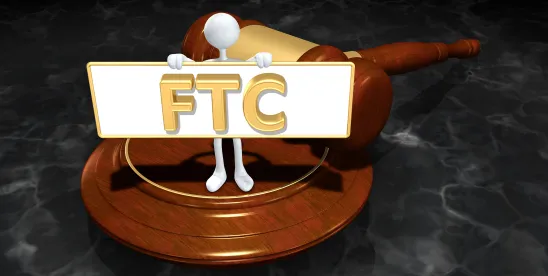Internet dating apps, whose revenue is derived largely from subscription sales, have been the subject of concerns about marketing practices, including allegations that they used “fake” love interest ads to attract users and left customers vulnerable to scams, failed to make terms of service clear, and adopted onerous cancellation procedures. The Federal Trade Commission’s (FTC or Commission) long investigation into the marketing practices of Match Group (Match), owners of Match.com and other online data services, ultimately ended with a settlement announced on August 12, 2025. Match agreed to pay a $14 million civil penalty to settle charges that the dating service violated the FTC Act and Restore Online Shoppers’ Confidence Act (ROSCA).
The FTC initially announced an investigation of Match’s marketing practices in 2019, filing suit in a U.S. district court in Texas alleging that the company engaged in five separate deceptive practices:
- Sending consumers misleading advertisements from fraudulent sources while making it seem that the communications were from potential dates.
- Exposing consumers to the risk of fraud by providing recent subscribers access to communications that the company knew were likely fraudulent.
- Guaranteeing users a free six-month subscription renewal if they fail to “meet someone special” without making clear the onerous requirements of its “guarantee.”
- Imposing a byzantine and confusing cancellation process that misled subscribers into thinking they had cancelled when they had not.
- Blocking the user profiles of subscribers who disputed billing charges.
In addition to the fine, the proposed order requires Match to simplify its cancellation process, refrain from blocking or otherwise retaliating against users who dispute the company’s billing practices, and clearly and conspicuously disclose the material terms of any guarantees.
The obligations under the proposed order will remain in place for 10 years, a change from the historic practice of mandating a 20-year term. More recent FTC orders refer to a 10-year period, which may reflect recognition of longstanding business concerns that a 20-year term is unreasonable given fast-paced market changes.
The Commission vote approving the proposed order was 3-0. Ultimately this action, like so many other enforcement actions by the FTC, is a reminder of essential marketing 101 principles: be fair and truthful with consumers and build your brand by building trust.




 />i
/>i

